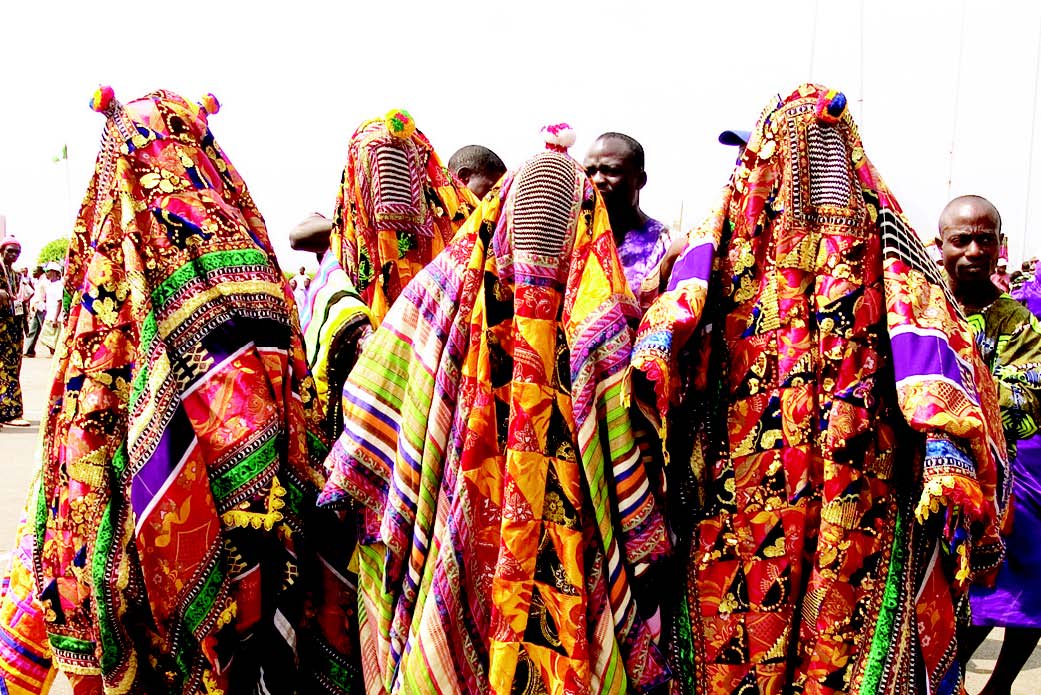In Setswana culture, practices like Botsetsi constitute a way of life upheld quite dearly and strictly. Botsetsi is the cultural practice in Botswana of placing a newborn baby and its mother into seclusion, for a period ranging from three months to a year. It has different names in different parts of Africa, but the practices are essentially the same.
Botsetsi serves a few purposes in most African communities, one of which is to instill in the new – often first-time – mother vital practices of parenting and caring for her infant. Another purpose of botsetsi is to keep both the mother as well as the newborn baby from harm’s way, often by doing things that are considered taboo and could eventually physically/intellectually harm the baby.
One other key reason for practicing botsetsi is to ensure that the mother bonds with her baby deeply and uninterrupted. This is owing to the fact that through botsetsi, mother and child are kept in isolation for a period of time. This seclusion also translates into restricted visits to the mother and infant. Often, it is only the father of the baby who is allowed to visit. Otherwise, no one is allowed to come until the baby is at least three months old – at present. In the olden days, it was at least six months.
The botsetsi practice commences right after the birth of the child. The mother and baby move into the baby’s maternal grandmother’s house, so they can both be cared for by the grandmother. During that period, the new mother is believed to be in a “delicate” state. She is not allowed to engage in any physically strenuous activities, and she is to remain on her bed, nursing the baby or eating – to allow her to produce milk.
The practice is – in some communities to date – considered so sacred that the household in question often has a physical sign outside, alerting people that there is a woman who is in maternity in the household. This is to ensure that people do not visit until the botsetsi period is over. For instance, in some places, a log is placed in front of the entrance for all visitors to see. To protect both mother and child from spiritual – more than physical – harm, the number of people allowed to visit is limited to very close relations, often only the father of the baby. Furthermore, it is believed that allowing just anyone to have access to them can expose the baby to negative energies, which will in turn make them sickly.
During the maternity period, the baby’s grandmother teaches the new mother how to bathe the baby, how to nurse it appropriately, how to hold it, how to interpret some of the baby’s actions and tend to them. The mother is also taught how to take care of even herself as a new mother. For instance, she is taught how to lay down so that her postpartum belly fades, how to care for her labor wounds so that they heal better and faster, as well as healthy food that will incite milk production. Botsetsi for most mothers is a wonderful bonding time not just for mother and child, but also between the new mother and her own mother as they share lessons and memories.
According to Goaba Molotsi, a mother of two from Kanye in Botswana, she was at first uneasy about going back home for botsetsi, considering the prospect of being separated from her partner, but she soon appreciated and valued her time in botsetsi. “I found botsetsi very fascinating and informative, my mother taught me a lot and put it into context with how she raised us. I also got to rest and recuperate because she would help me with the baby, but also because I was not allowed to do much else. In our culture, during botsetsi emphasis is on eating, feeding the baby and resting, all day every day for three months!”
Owing to the fact that it is also a celebration of new life in the family, a lot of stock is slaughtered periodically during the period, most times for the new mother to eat by herself! During botsetsi there is also a lot of emphasis on ensuring that mother and baby are very well fed, in fact food portions for them are deliberately made massive. This is so strictly upheld that in some communities, if you exit maternity and have not gained “observable” weight, your botsetsi is considered futile or pitiable. This is because although a nursing mother needs to eat well to help her produce milk, over and above this, she also needs to eat to regain any weight as well as strength she may have lost after labor.
Even though botsetsi practices have been tweaked or evolved, they are still practices that are strictly upheld by most Africans. One can say that botsetsi is a key rite of passage for most African women, one that is very enriching and precious.









